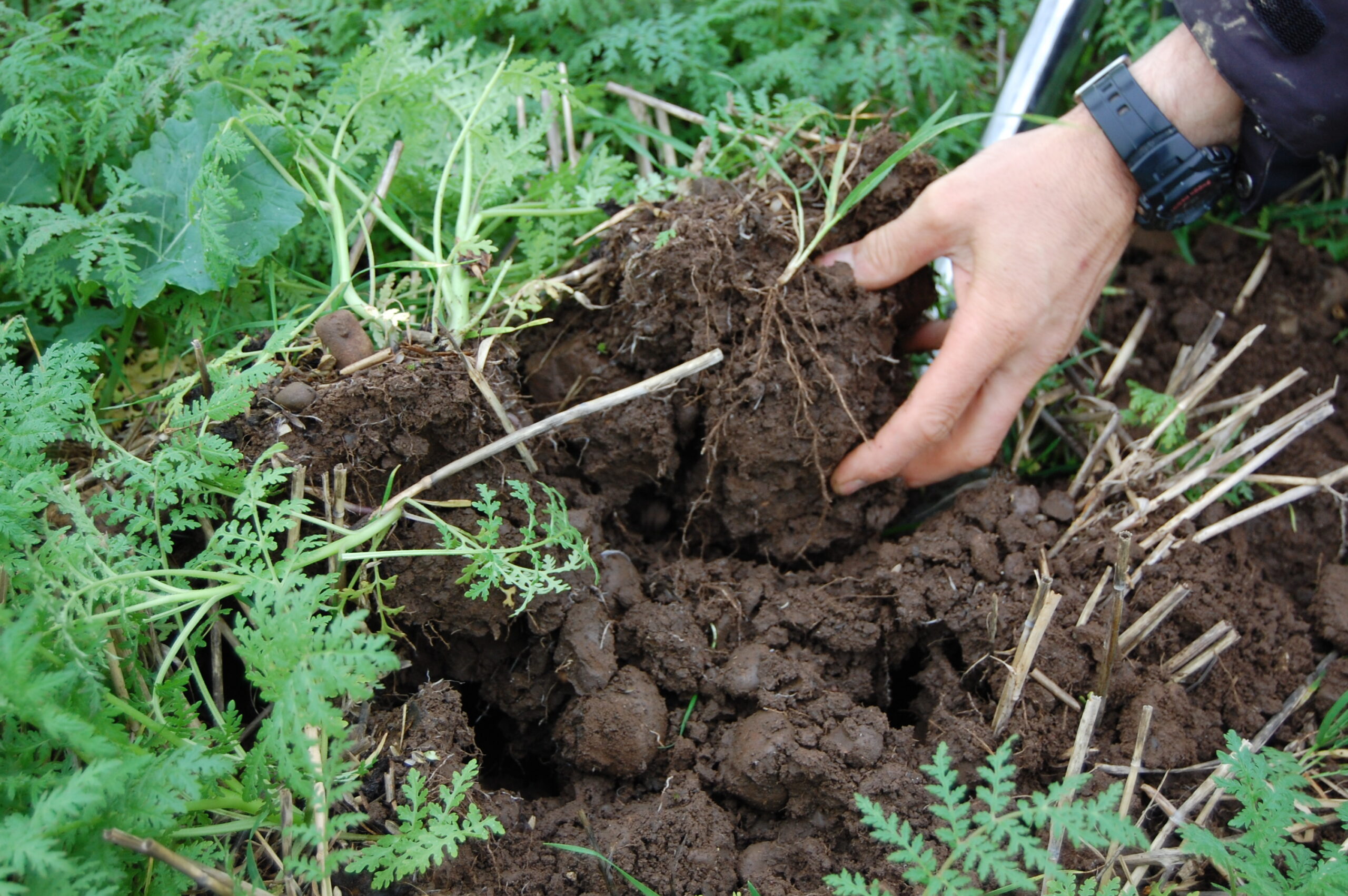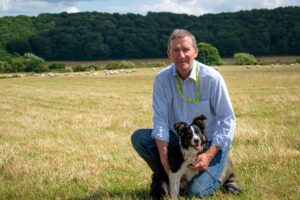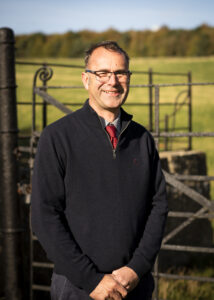
It all starts with soil
Food is an important part of everyday life and when we’re tucking into a delicious meal, we often forget to think about where our food comes from, how it is farmed and its impact on the environment.
Many people opt for a vegetarian diet to lower their carbon footprint, but this isn’t always right for everyone. There are other ways to reduce your favourite food’s impact on the environment for example by supporting more sustainable farms.
Farmers around County Durham are becoming more sustainable by changing their practises and using regenerative techniques to lower their environmental impact.
Regenerative farming is a more sustainable way to produce food that prioritises soil health. This method is based on five key principles, which include using a ‘no-till’ approach which means a farmer does not prepare the soil for planting and applying less fertiliser to the soil and in a more targeted way. These practises keep soil healthy. Healthy soil can then help act as a flood defence as it can absorb more water, store carbon, and improve yields, so farmers can produce a more profitable crop from the same field.
Local Action
One local farm leading the way in this area is East Durham College’s Houghall Campus. Paul Flynn, Director of Agriculture, at the college told us that:
‘The farm has moved away from soil cultivation and championed the ‘no-till’ approach for the last six years, culminating in a joint study with the Environment Agency and Wear Rivers Trust. Without the need to plough and cultivate, [to prepare the soil] the cost of production goes down, but the diesel tank remains full. The timing is critical, often in a narrow window of good soil condition, but with less to do, it can also be a quicker method.
Our home-grown beans are proving popular with the livestock, and as they are grown with very little fertiliser, this is making a positive impact on the farm’s outputs, leaving the ground better for the following crop and further reducing our dependence on nitrogen fertiliser. We’re developing the pig unit with a specialist team from the farming industry, to make full-use home-grown beans and barley, marketing sustainably produced pork from a high welfare system. We’ve just won our first research grant to continue to improve this approach. Watch this space!
We welcome all at East Durham College, the doors are open, if you’d like to enrol or inform, teach or support in any other way, please be in touch soon. If you’re a researcher, undergrad or professor, industrialist or just interested, we welcome your ideas and initiative, please be in touch, paul.flynn@eastdurham.ac.uk.’
Other farms, like Raby Estates, are also doing their part too:
“It’s an exciting time at Raby estates; Lord Barnard’s desire to create a more sustainable farm is really gathering pace.
By lowering the nitrogen (fertiliser) dose on our crops we have been able to lower our carbon emissions by 287,000 kg of CO2e whilst having very little effect on the crop yield.
We are integrating the livestock and crops and currently have 500 ewes grazing either winter wheat or cover crops. Last year this approach increased the wheat yield by an average of 0.5 tonnes per hectare. Instead of calling this farming approach regenerative ag I prefer the phrase ‘best farming practice’”
– Phillip Vickers, Farm Manager
Get involved
To help County Durham achieve its carbon emission targets by 2045, it is important that we all do our bit to tackle climate. So, whether you’re a farmer yourself, or a climate conscious cook, being aware of farming practises and supporting sustainable farms where possible is needed as we go together towards net zero.



